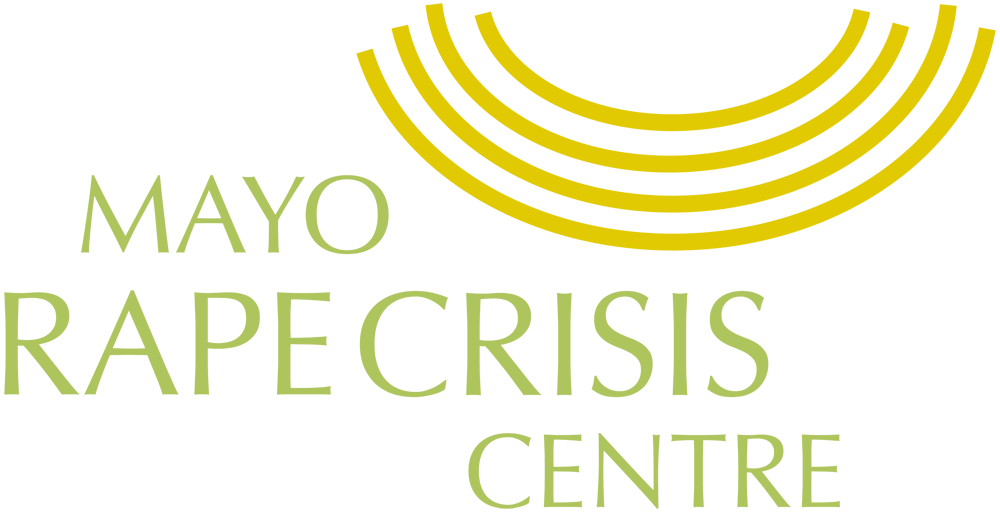Common Myths About Rape and Sexual Abuse
Myths include ideas that rape can’t occur in a relationship, that women “ask” to be raped, and that saying no is simply a way of flirting. These myths are false. Their existence affects the way survivors are treated in society. They help excuse the rapist, put blame on the survivor, and deny or minimise the impact of rape on the survivor.
Part of our role, and everyone’s challenge, is to put these myths out of existence. Rape myths are false.
The truth is:
Nobody asks to be raped.
It doesn’t matter what someone is doing, where they are, what they are wearing, or what time of day it is. Sex without consent is rape. Nothing someone does, says, or wears justifies or makes them responsible for rape.
All women can be raped.
Survivors of rape are of every background, ethnicity, age, occupation, appearance, and relationship status.
Rape doesn’t always occur to people alone in dark streets.
Rape often occurs in the victims own home or home of the rapist.
Rapists are often people known to the victim.
Most survivors knew their rapist before the rape. Rapists are frequently family members, partners, friends, acquaintances, and colleagues. Sexual violence is most often perpetrated by current partners (one in three) or by boyfriends (one in ten).
There is no such thing as an uncontrollable sexual urge.
Men do not need to have sex once they are aroused. This is an excuse. Rapists choose to rape. Many rapes are planned. Both men and women are able to stop themselves at any stage during sex.
It can still be rape if a person didn’t say the word no.
Rape and sexual abuse is any unwanted sexual contact. People can convey that they don’t want to have sex in many verbal and physical ways.
Rape can occur within marriage or a relationship.
Rape is sex without consent. Having consented to sex in the past or being in a relationship does not mean that consent exists for further sex. Consent must be freely given for each sexual encounter. It is not free consent if you agree to sex because your partner might get angry or sulk.
It can still be rape if she didn’t fight back.
Some people fight back during rape. Some sustain physical injuries. Some don’t fight back, for many reasons, including fear of further harm or fear of putting others at risk. If a person didn’t give consent, it is rape.
It is rape if a person withdraws consent at any point.
A person may consent to making out or another kind of sexual contact but not consent to sex. A person may have given consent to having intercourse but change their mind and withdraw consent. Everyone has the right to say no, in many ways, at any point. If sex continues after they withdraws consent, it is rape.
Sexual abuse can occur without sex.
Sexual abuse is any unwanted sexual contact. Whether there was penetration – intercourse – or not is irrelevant, both in the eyes of the law and its effect on the survivor.
When people say ‘no’, or convey they don’t want sex in other ways, they mean it.
They’re not playing games. Refusing sex is refusing sex. It’s not a way of flirting, a game, or a way of being sexual without being too ‘in-your-face’. If a man continues to have sex when their partner refuses, its rape.
Rapists can use condoms.
Rape is sex without consent. Some rapists use condoms out of habit, for their sexual health or to avoid leaving evidence of the rape.
Rapists may be men with otherwise normal sex lives or relationships.
Despite the stereotype of a rapist as a mentally disturbed pervert or sex addict, only a small minority of rapists have mental health issues. Many rapists are in consenting sexual relationships with other people at the time of their offence.
Sex workers can be raped.
Sex workers have the right to determine with whom they agree to commercial sex. They have the right to refuse to provide, or continue to provide, sex to clients at any time. If they withdraw their consent, it is rape.
Survivors go on to lead healthy and normal lives.
It is a myth that there is high risk of survivors becoming offenders. There is no need to take a ‘risk-management’ approach to healing. It’s important instead to walk alongside survivors to support them to deal with what’s going on for them and rebuild their lives – and their sex lives – as they choose to.
The journey to recovery may be long, and is different for everyone.
Survivors don’t need to just ‘get over it’. There is no place for a ‘they will be alright’ attitude when it comes to rape. Survivors need to go through the healing process at their own pace and at their own direction.

